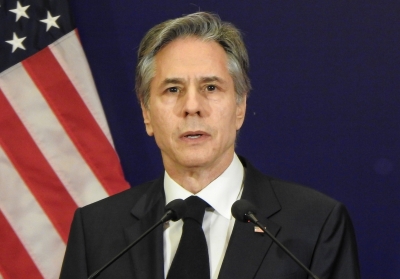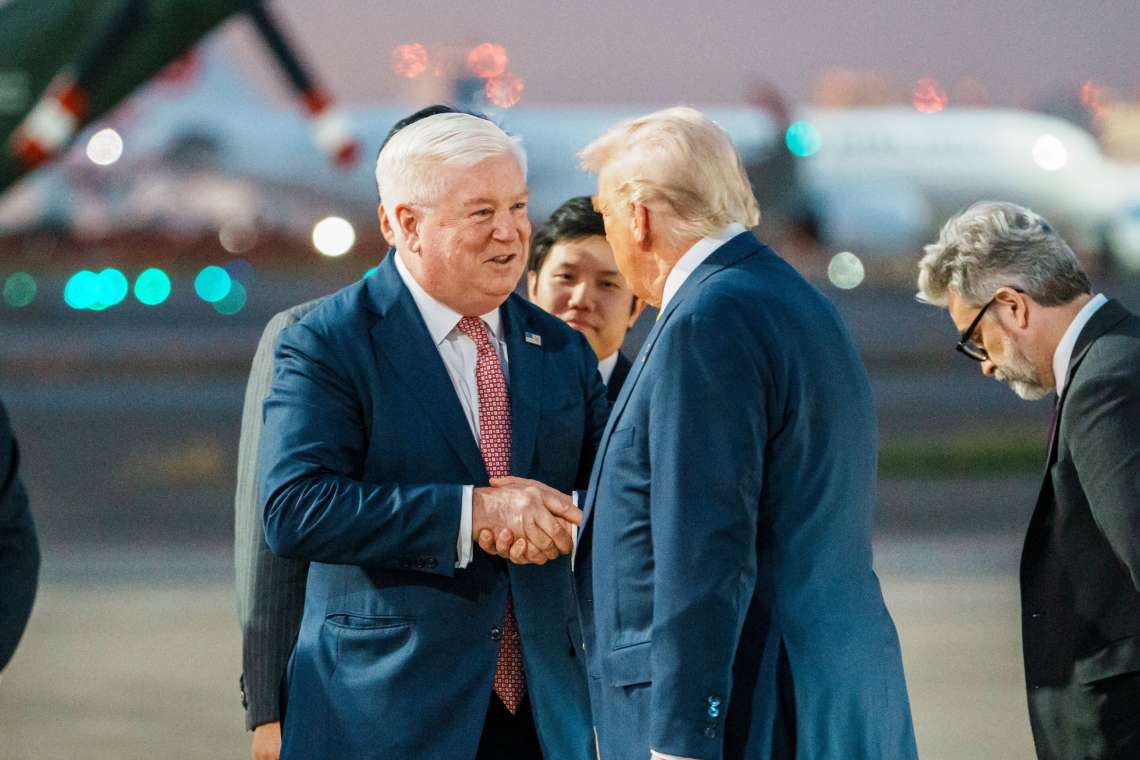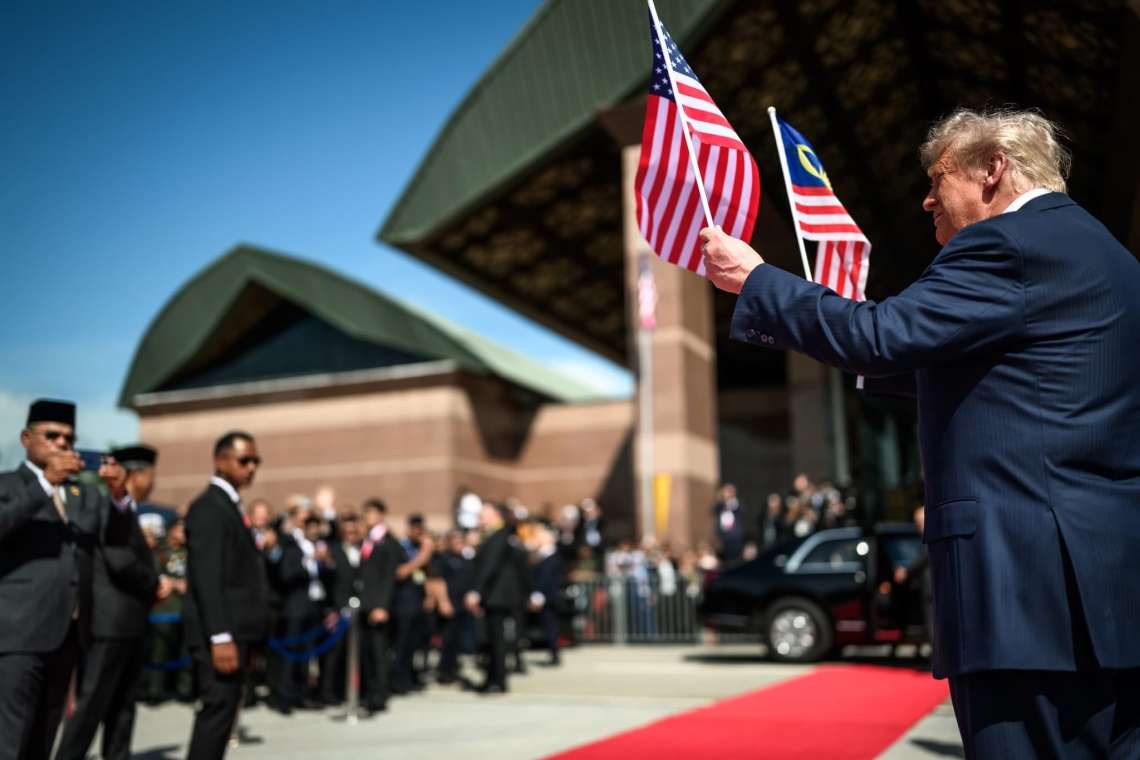Secretary of State Antony Blinken will be the first Biden administration official to travel to China and also the first since 2019…reports Asian Lite News
After he cancelled his initial visit to Beijing earlier this year due to a Chinese spy balloon transiting the US, Secretary of State Antony Blinken will embark on a fresh visit to the Asian giant this weekend amid thawed bilateral ties.
Blinken will be the first Biden administration official to travel to China and also the first since 2019, reports CNN.
Confirming the visit, Assistant Secretary of State for East Asian and Pacific Affairs Daniel Kritenbrink said on Wednesday that the two nations came “to the shared conclusion that now is the right time to engage at this level”.
Kritenbrink said he would not expect “a long list of deliverables” to come out of the visit, but described it as “a really critical series of engagements that we’ll have in Beijing at a crucial time in the relationship that we again hope will, at a minimum, reduce the risk of miscalculation so that we do not veer into potential conflict”.
He said the agenda would focus on three main goals: establishing communication channels “that are open and empowered to discuss important challenges, address misperceptions and prevent miscalculation”; discussing US concerns “on a range of issues” as well as on “a host of regional and global security matters”; and “exploring potential cooperation on transnational challenges when it is in our interest in areas such as climate and global macroeconomic stability”.
In recent months, there have been a number of engagements between US and Chinese officials, including National Security Adviser Jake Sullivan and Kritenbrink himself

“I think there’s a realisation on both sides that it is important to have these channels of communication,” CNN quoted the Assistant Secretary as saying.
In a statement also on Wednesday, State Department spokesperson Matthew Miller said that Blinken would meet “senior PRC officials” while in Beijing, adding that “we expect a series of visits in both directions in the period ahead” following the Secretary of State’s visit.
But neither Kritenbrink or Miller did not say if Blinken would meet Chinese President Xi Jinping.
Prior to the public announcement of the trip, Blinken spoke on the phone with Chinese Foreign Minister Qin Gang.
China’s Foreign Ministry said Qin used that call to stress “that the US needs to respect China’s concerns, stop interfering in China’s internal affairs, and stop undermining China’s sovereignty, security and development interests in the name of competition”.
Following their conversation, Blinken tweeted, “Spoke tonight with PRC State Councilor and Foreign Minister Qin Gang by phone. Discussed ongoing efforts to maintain open channels of communication as well as bilateral and global issues.”
US State Department spokesperson, Matthew Miller said that Blinken and Qin discussed the importance of maintaining open lines of communication to responsibly manage the US-PRC (People’s Republic of China) relationship to avoid miscalculation and conflict.
The two ministers also addressed a range of bilateral and global issues and made clear the US would continue to use diplomatic engagements to raise areas of concern as well as areas of potential cooperation.
Blinken’s visit comes as the US Senate Foreign Relations Committee has approved bipartisan legislation that aims to remove China’s “developing country” status. This action by the Senate follows similar legislation passed by the House of Representatives in March.
The legislation known as the “Developing Nation Status Act,” was unanimously passed by the US Senate Foreign Relations Committee. It establishes a US policy against granting China the “developing country” status in future treaties and international organisations. The legislation directs the Secretary of State to actively pursue changing China’s status to that of a “developed country” in treaties or organisations that allow for such modifications. The Senate’s decision aligns with the House of Representatives previous move.
The Bill’s supporters argue that China’s developing country status provides it with certain privileges within specific organizations or treaties. US lawmakers assert that China can no longer be considered a developing country, given its significant economy, military power, and extensive investments worldwide. They claim that China has been exploiting this designation for an unfair advantage in multilateral negotiations.
The US House of Representatives on March 27, passed the “China is Not a Developing Country Act” with a unanimous vote of 415 to 0. The sponsors of the House bill highlighted China’s exploitation of its developing country status to secure development assistance and loans from international organisations.














